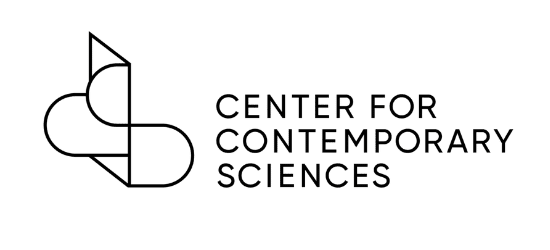Human Mini Brain Credit: CAAT
Medical research and testing need to start and end with human biology. CCS helps eliminate ineffectual animal experimentation by advancing the most sophisticated human-relevant research and testing methods that are rooted in human biology. Human biology-based methods offer a more effective way to understand the diseases that afflict us. And they enable researchers to predict how a human may respond to medicines and chemicals with far greater accuracy than animal tests. The outcome is better treatments, therapies, and cures.
More than 90% of experimental drugs fail in clinical trials for safety or efficacy reasons, although they have been deemed safe and effective in animals through mandated preclinical testing. This predicament is dubbed the ‘productivity crisis’ in the industry. Many promising drugs are also terminated after yielding negative results in animals while they might be perfectly safe and effective in humans. It takes on average ten years and $2.6 billion to develop a new prescription medicine and take it to market. Such FDA-approved drugs often come with a long list of warnings and side effects. Many are later withdrawn or terminated. Cumulatively, R&D challenges contribute to the exorbitant healthcare cost that is passed onto consumers. This is a tremendous financial burden on patients, insurers, and payers alike. The cost in terms of ‘quality of life’ currency is incalculable.
In academic research, billions in U.S. taxpayers’ money continue to be spent on unreliable models that marginally resemble the human diseases being investigated. Case in point, the published literature is riddled with flawed and irreproducible biomedical research data involving animals. Most scientists can’t reproduce studies by their peers, a term dubbed the ‘reproducibility crisis’ in academia. Of note, it is often hard to reproduce data within the same animal species given the heterogeneity (variability) among the different strains, let alone extrapolating results found in animals to humans. From that perspective alone, the indefensible failure rate in pharmaceutical R&D – that relies heavily on animal data as mandated by federal regulators – is in fact totally expected.
At CCS, we help create an ecosystem that supports the discovery, development, refinement, and use of modern testing methods that are based on human biology.

CCS is a nonprofit 501(c)(3) organization. Contributions to CCS are tax deductible to the extent permitted by law. EIN 84-3817744